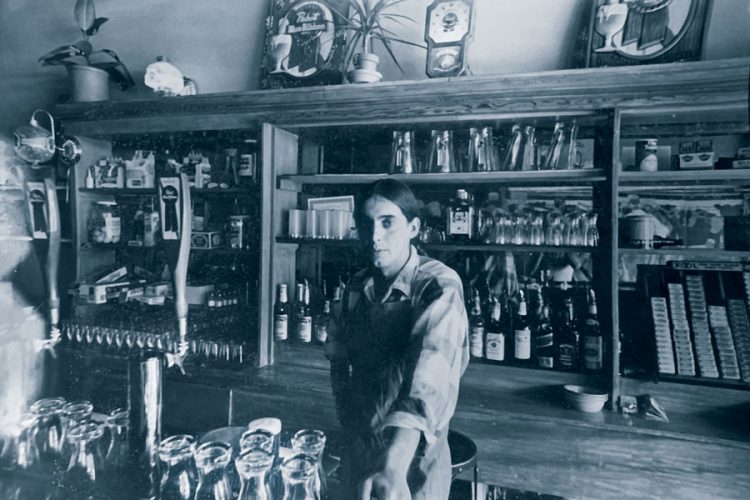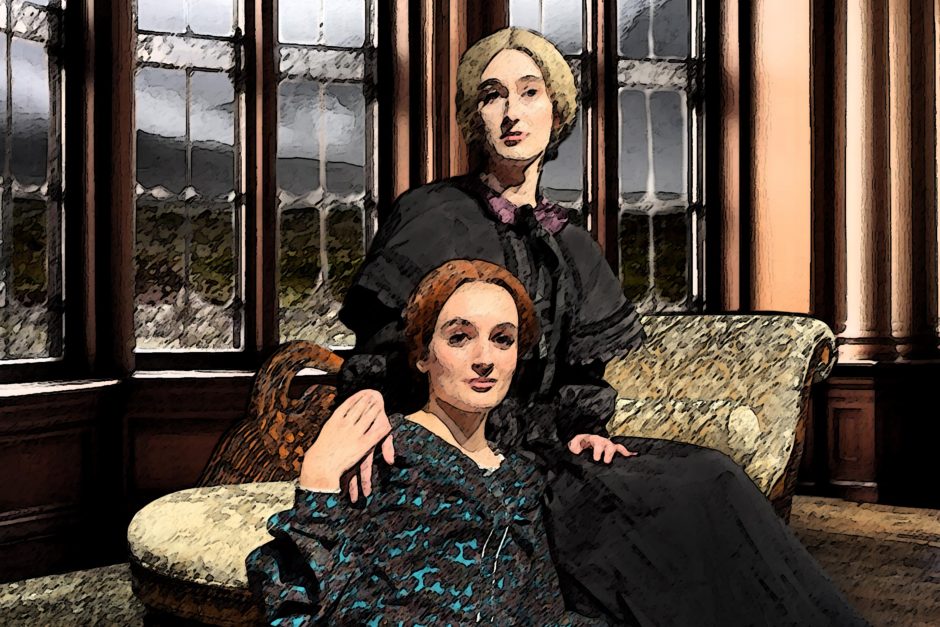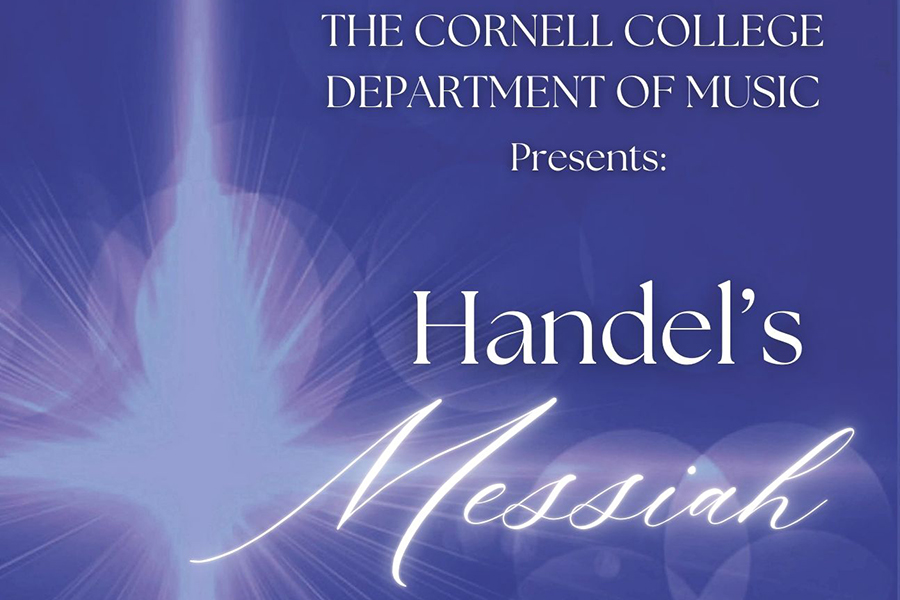The General Tavern: Karmic ’70s gathering place
By the early 1970s the drinking age had just been lowered to 18. Any Cornellian could easily crunch this new equation: student hangout = local bar.

The bar scene consisted of The North Side and The South Side. The North Side was known as a “farmer bar.” Across Main Street, The South Side was such a lopsided victor in the battle for brand name recognition it was referred to simply as The Side. Packed wall-to-wall with Cornell’s most boisterous revelers, The Side was primarily inhabited by athletes and social groups, with an environment of human bumper cars, jet-engine-level noise, and a jukebox playing the hits of the day.
If you looked to your local bar to provide introspection, intimacy, lofty conversation, or live music, life was tough. Then, smack dab into the middle of Main Street U.S.A., seemingly dropped from some karmic tornado that had gathered every piece of exotic ’60s cultural debris in its long and winding path, plopped The General Tavern. The General provided a public face, an outlet of expression, a gathering place for new or previously suppressed, increasingly individualistic thinking and living that by the early ’70s had begun to bubble to the surface of Mount Vernon’s consciousness and flow out over town.
The interior was perfect. Old wood and brick, with the card room and loft being two of the coolest and most comfortable places you could ever drink a beer. The loft had a treehouse appeal, its ceiling so low you couldn’t stand up in it. Instead of a jukebox, a house music system featured two new formats: cassette tapes and stereo FM radio album rock. There was no TV, but in its place a sort of real-life sitcom, starring characters like bar manager Boyd Howard, who, over time, assembled a VW Bug piece by piece in his living room.
To Jane Caraway ’79, “It was a very informal, eccentric, artsy mix of students and townies that became a kind of family. A sometimes dysfunctional family, perhaps, but once it closed, nothing ever filled the void.”
In 1972 Jim Ellison purchased the Yeisley Bakery building just a few doors down from the two Sides. “We bought the building. Then we were sitting around trying to figure out what to do with it, and somebody said ‘hey, let’s do a bar.’ Two days later parts just started falling into place,” says Ellison, the son of the late wrestling legend Gordon Ellison ’34. A bastion of whiskey bar bohemia was born. Pabst Blue Ribbon was served on tap and many patrons wryly recall the Pickett’s beer in bottles. Mmm, mmm, mmm—light enough to go down fast and easy, and then … uh oh.
In 1976 Jim Ellison sold The General to Walter Leopold, Nicole Small, and Tom and Zetta Wojack, who had plans to turn it into a deli. It may not seem strange now, but many Mount Vernonites had never encountered a bagel. Novel or not, the food was too good to resist. Matzo ball soup, corn and potato chowders, Reubens—it was all delicious and made fresh. Walter took pride in the fact that many of the clientele were elderly—the deans of Midwest cooking, so to speak. They weren’t alone. One day Walter reached in his mailbox and fished out an envelope from the Chicago Tribune. In it was a copy of a rave review by their food critic, who had passed through town. Next, an article in Newsweek—a portrayal of The General as a Midwestern culinary outpost trying to survive in the tough times of the Carter administration.
Walter, Tom, Zetta, and Nickie’s most controversial move—instituting a two-day-a-week no-smoking policy—was precariously ahead of its time. The resulting antagonism from many patrons was one of several factors that combined to diminish the owners’ appetite for the business. The exhausting 24/7 schedule, the desire to return to previous careers, reluctance to make a long-term financial commitment, and more all added up to The General closing its doors in 1979. The farewell party was the happiest sad event of all time.
But this story shouldn’t end on a sad note, and I haven’t mentioned the live music. The booking was wildly, flailingly eclectic—from flamenco/classical guitar to deep Delta-style blues to reggae—the quality of musicianship often superior. The most powerful memory I have of The General is from my very first night there, when I was stunned to discover Cedar Rapids guitarist Dennis McMurrin. He and his band delivered a borderline-insane combination of Black and white, city and country, rock ’n’ roll energy and living-room-level comfort, a style that later earned him work with George Clinton, Sly Stone and others. The subtlety and impact of McMurrin’s playing would have been lost in a bigger, less intimate place. You felt unforgettably good, swallowed up in a delirium-inducing evening of drink and dance. In a word, you felt welcome.
Bruce Millard ’76 is a musician living in Boston. His essay originally ran in the Cornell Report in 2000.
This story is part of a series on six student gathering spots, Hangouts through the years.



